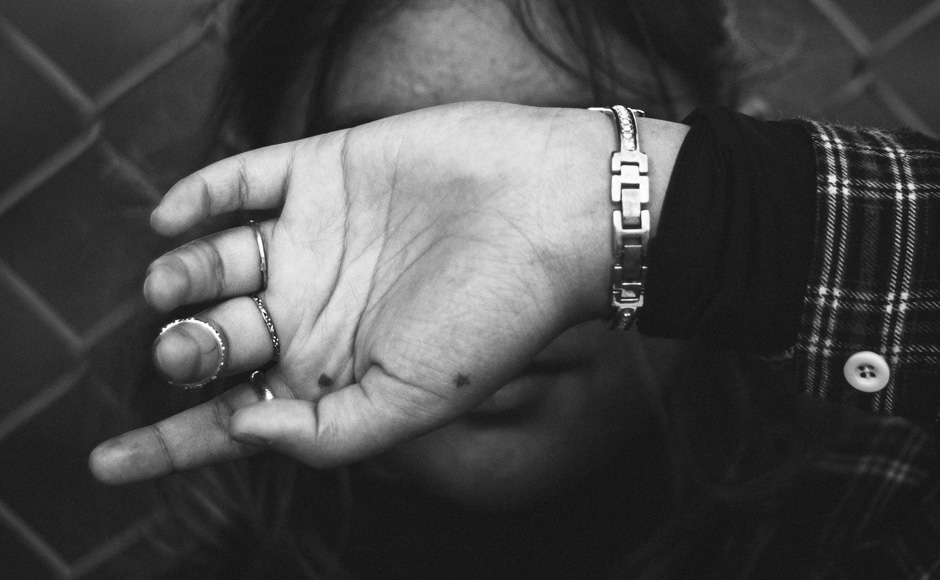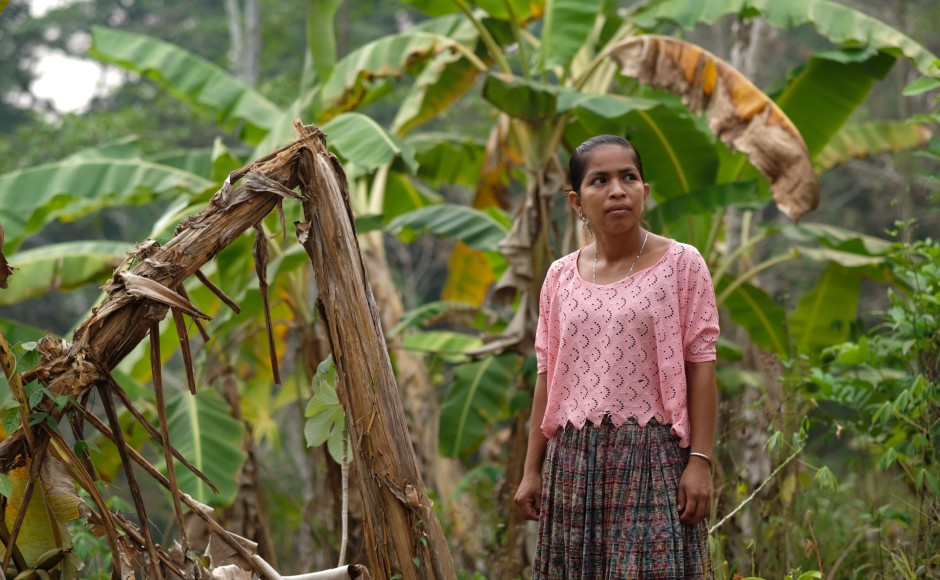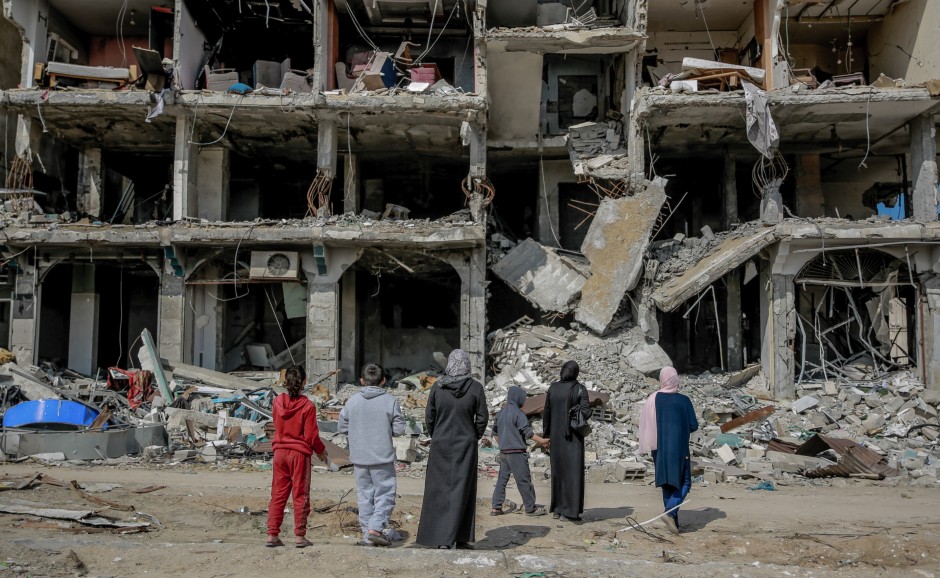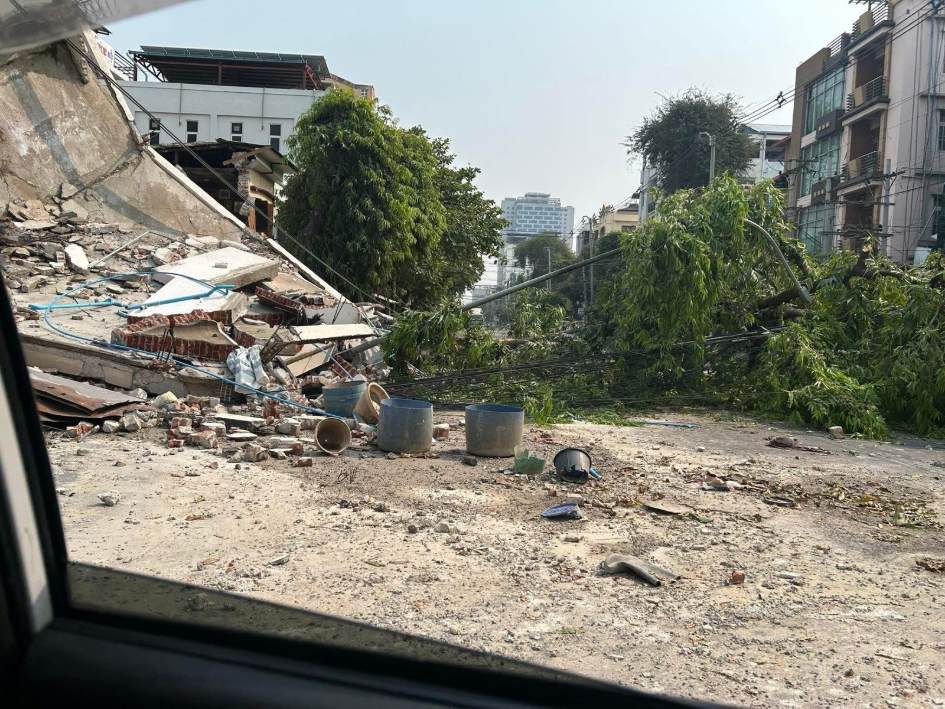Why churches must still support and campaign for people living with HIV and AIDS
Published on 1 December 2023 5 minutes read
To recognise World AIDS Day and the 16 Days of Activism Against Gender-Based Violence campaign, we are sharing this powerful personal testament from Gracia Quiroga, who became an activist after she was raped and became HIV positive. First published in Life and Work magazine, Gracia's story highlights the importance of churches' work to support and campaign for those living with HIV and AIDS. She tells us 'We must care for the most vulnerable'.

My name is Gracia Violeta Ross Quiroga. I am from Bolivia; I am a social anthropologist by training. I grew up in an evangelical church while my parents pastored the church.
My upbringing was blessed; however, when I reached my teenage years, some decisions led to long-term consequences. In 1998, I survived rape at the hands of two strangers on the streets, and in 2000, I discovered that I was living with HIV.
When I discovered my HIV status, my parents and my entire family reacted with love and grace; they treated me as real Christians should. My father told me they would love me all the time I had left to live. In 2000, when I was tested, there was no treatment in Bolivia, and dying from AIDS was a real threat.
Soon after being tested, I became involved with other people living with HIV. We used to meet every Saturday to discuss how to improve our food, solve diverse health problems, and which doctors were supportive, if any. Every weekend, the group was smaller. I attended too many burials; I had to bury many young people who died with HIV, without medications, with stigma, and no response from their families or faith communities.
In this group, we decided not to wait for our deaths to come but to do something about it. We founded the Bolivian Network of People Living with HIV (REDBOL). I became its founder and leader. We took the Bolivian State to the Inter-American Commission on Human Rights in order to get our medications. Fifty-two people with HIV signed a petition demanding access to treatment since we had not received prevention information. The case was presented in 2002. The court deliberated for two years, and in 2004, they had a favourable decision for us. By that time, only 27 of the original 52 who signed the petition were alive. Today, only six remain alive.
Putting pressure on the Bolivian government to continue providing lifesaving medications became important and urgent. This brought the need to be public about my HIV status. Being the daughter of an evangelical pastor in Bolivia, disclosing my status to the church was a big concern, as I feared the stigma on myself and the impact of this news on my father's role. However, since my political roles became more extensive, as a family, we decided to disclose to the church, facing the possibility of them not reacting well. One Sunday, after the sermon, I told the church members about my experience of rape and my HIV status and asked their forgiveness. To our surprise, the entire congregation queued to hug and support my parents and me; they told us they needed to apologise to us because, as the body of Christ, they had not supported us as a family living with HIV. By then, I had been living with HIV for three years already, but somehow, secretly.
After disclosing to my church, I became very well known as a woman of faith living with HIV in Bolivia, Latin America, and internationally. I told my story of decisions and consequences in many schools and universities, sharing with young people the importance of decisions during their teenage years. I shared the story of the love of my family and my church; I delivered this message: "God loves people living with HIV, in all our diversity, and He is not punishing us." I called on the church leaders to take responsibility in the HIV response.
During that advocacy work, I met some faith partners working on HIV. This included important people such as Manoj Kurian in the Ecumenical Advocacy Alliance (EAA), who involved me in work to produce workplace policies for organisations like the World Council of Churches (WCC) and to deliver messages to its governing bodies.
In February 2022, I joined the WCC to lead the Ecumenical HIV/AIDS Initiatives and Advocacy (EHAIA), a programme that focuses on equipping churches for a competent HIV response. Some good practices include creating intergenerational safe space conversations between faith leaders and young people to discuss complex topics such as sexuality, relationships, and HIV. EHAIA has produced unique theological reflections on HIV, particularly in relation to stigma and gender-based violence. There is extensive training and strengthening of capacities on HIV for interfaith communities. In EHAIA, there is joint advocacy in alliance with the government, UN agencies and especially, networks of people living with HIV.
In line with the fast development of the HIV response and the emergence of many other infective health threats, the EHAIA program will be renamed HIV & Other Pandemics when it is included in the recently relaunched WCC Commission of the Churches on Health and Healing (CCHH).
The HIV response has been going on for more than 40 years now. We have made some progress, particularly in access to treatment, which means that nowadays, people with HIV can live long and healthy lives. However, not all people with HIV have access to medications; there are at least 10 million missing. Science has brought good strategies such as the U=U (undetectable = untransmittable), which means that a person living with HIV who is on treatment and has an undetectable viral load can no longer transmit HIV.
HIV prevention remains a challenge for the faith sector, as is the case of HIV stigma, which faith leaders can eradicate. We must involve the faith community in the prevention of HIV for young people and in the sustainability of the HIV response. It is a huge concern that in 2023, many countries still depend significantly on international cooperation and funding for providing HIV medications.
After 23 years of living with HIV, I still appeal to the faith sector: we must continue to be part of the HIV response, and we must care for the vulnerable and make justice.
Thanks to Life and Work magazine for kindly allowing us to share this article. Subscribe to Life and work magazine.
For more information on how to support the Church of Scotland's HIV programme please contact hiv@churchofscotland.org.uk


